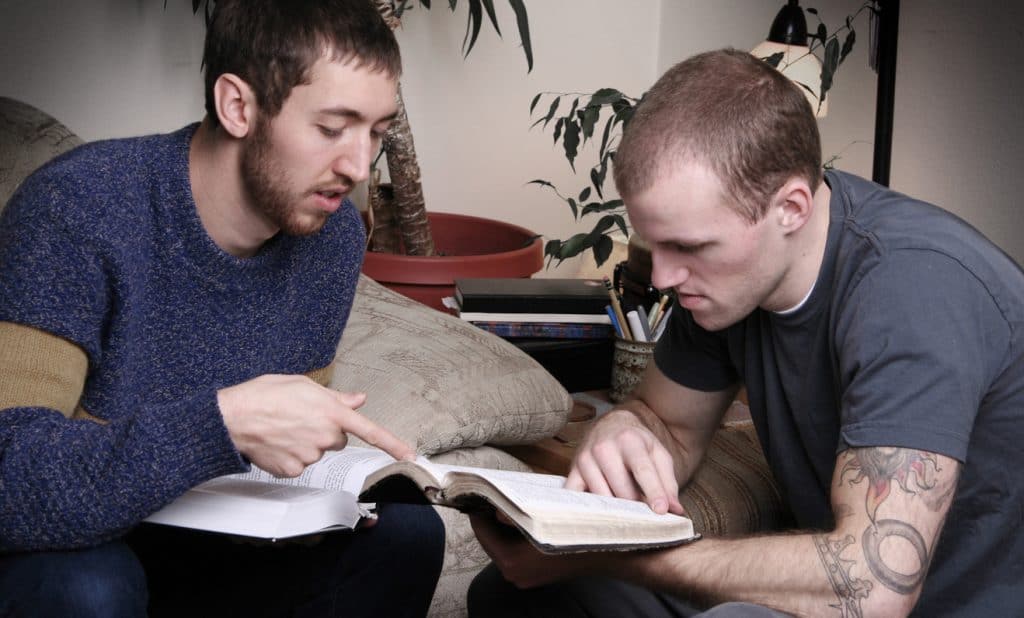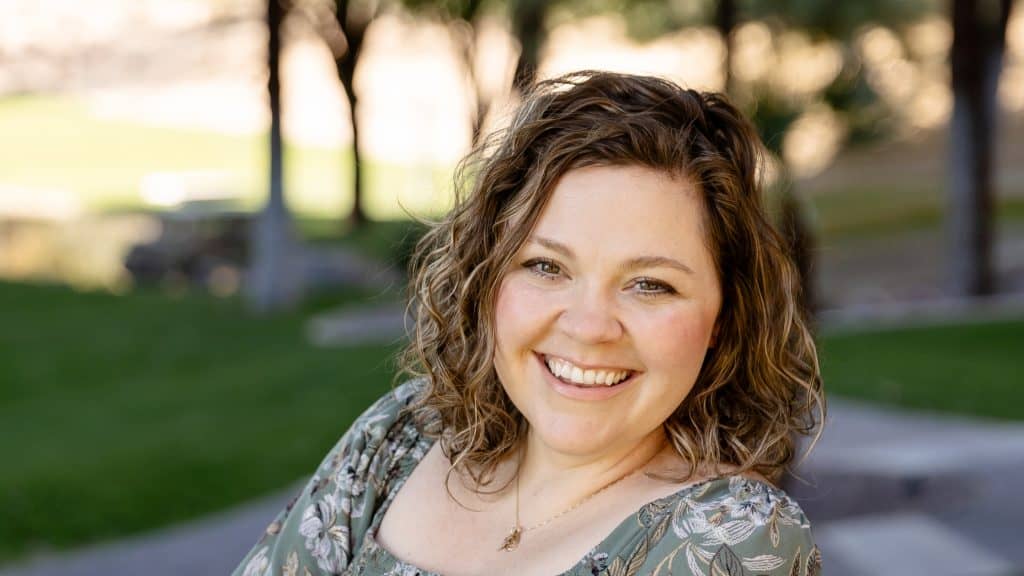It is important to read all you can about recovery. We live in an age when thousands of books, articles, and speeches are available, which address recovery from every angle. It is impossible to read too much. Go to every conference, read every blog, listen to every podcast. I’m all about education. That is why, before Beth and I launched There’s Still Hope, I went back to school. I earned a Master’s Degree with a focus on addiction recovery (Liberty University). I completed my PSAP (Pastoral Sex Addiction Professional) training through IITAP.
In 2019, Beth and I attended SILS (Sexual Integrity Leadership Summit) in Atlanta, the C-SASI (Christian Sex Addiction Specialist International) conference in Houston, and the Sexual Recovery Leadership Summit in Colorado Springs. But after reading all the books, receiving significant training, and attending 600 12-step meetings, there are five important truths I have discovered about recovery that I never once read in a book. Let me share those with you now.
1. Addiction isn’t a bad problem.
Okay, addiction is a bad problem. Anything that is devastating millions of families is a problem. But before sex addiction is a problem, it is something else.
Addiction is a bad solution. Let me explain. Addiction isn’t the root. It’s the fruit. We know that addiction results in broken lives and shattered families. But what results in addiction? In nearly all cases, at the root of addiction you will find at least one of the following: (a) trauma, (b) abuse, (c) isolation. The sufferer turns to addiction, not as a bad problem, but as a bad solution. Why does this matter? It matters because we need to treat addiction by addressing those core issues with each individual—trauma, abuse, isolation—in order to effect healing and life change.
2. Relapse is not failure.
“Kyle” was a friend of mine. We met an a Sex Addicts Anonymous (SAA) meeting when I was early in my recovery. Kyle was always very honest and open about his struggles. He’d pick up a 30-day chip (a small medallion to mark his success in recovery), then maybe another chip a month after that. Then he relapsed. Again, he got back on track, but often with similar results. But Kyle never quit. I moved across the country, and I lost track of Kyle. But three years later, while visiting that city, I went to a meeting. Kyle was there—now sober for over a year.
Kyle discovered what too few others have. Relapse is not failure. You don’t fail by falling back into old habits and patterns. You have only failed when you quit trying. No one gets it the first time. For some, it takes years to find lasting recovery. But recovery will come—if you don’t quit.
3. You can love God and porn at the same time.
This is something I struggled with for years. Is it possible that a man can truly love God while addicted to pornography? If you replace “pornography” with some other addictive sin, such as chocolate, profanity, or video games, then an affirmative response becomes more palatable. But do we really believe that sin is sin? And more importantly, can a person struggle with ongoing sinful activities—porn included—and still walk with God?
For answers, let’s turn to the Apostle Paul. He lamented, “I do not the good I want to do, but the evil I do not want to do—this I keep on doing” (Romans 7:19). Notice Paul’s specific wording: “I keep on doing.” How is it that such a saint could struggle with ongoing sin while planting churches and writing a third of the New Testament? J.I. Packer answers this for us.
“Paul wasn’t struggling with sin because he was such a sinner. Paul was struggling with sin because he was such a saint.” (This was in response to a question from a college student named Kenneth Berding. The entire conversation is contained in Berding’s blog, “A Key Insight about Romans 7 from a Conversation with J.I. Packer,” posted on the Biola University website on April 4, 2012.)
Related:Porn in the Pew: Can You Love God and Porn at the Same Time?
4. Your addiction actually makes you more useable by God.
It is so humiliating to be caught in a porn or sex addiction. We feel shameful, guilty, and dirty. Life seems hopeless. We are overcome with despair. We feel like our usefulness to God must be over. But the direct opposite is actually true.
God can use you more because of your addiction, not less. As you find recovery, you become a vessel through which God can touch others. You can now lead others into recovery, but you can’t lead them someplace you have not been yourself. Shame is not of God. Walk away from shame and into victory. The road to recovery will make you more useable by God than you have ever been before.
5. You shouldn’t commit to a life of sobriety.
Every struggling addict means well when he or she says, “I’ll never do this again.” Their intentions and commitments are pure. But I tell clients all the time, “Never tell your spouse you will never act out again. Just promise that it won’t happen today.”
Why do I say this? First, it is speculative to make promises for what we will do on a day that God himself has not promised will even come to pass. We have no promise of another day. Most importantly, a promise to not act out tomorrow takes our focus off of today. Recovery is not accomplished one year or one month or even one week at a time. It is a daily grind.
I have a friend with 25 years of sexual sobriety. And he carries his chip in his pocket everywhere he goes—his 24-hour chip, as a reminder that our focus must always be on today.








It’s a little confusing: the last part of the paragraph says important truths about reasons to quit porn…then the item #1 says Addiction isn’t a ‘bad problem’ then it goes on to say…okay it IS a bad problem. And onwards then the other points aren’t always assertive and clear either.
I’m wishing for Something Bold and Wise! And a Clearly Aiding those with a
Desire to Quit!
This article seems to nullify the power of God for overcoming all sin. Comparing an addiction to pornography to an addiction to chocolate makes no sense. Chocolate in and of itself is not sinful, only the overuse of it is sinful. Using pornography is sinful in and of itself, regardless of whether it is once a day or once a month or once a year. Also, the consequences of using pornography are far, far greater. This article seems to take away hope from an addict to pornography that he or she can ever be totally free. Will we give the same lack of hope to someone addicted to cocaine or heroin?
We must remember to build up a detailed picture from the Scriptures. Just one or two texts are not sufficient.
People move from being dead in sin to alive in Christ through the working of the grace of God. When a person is born again they begin to take an interest in spiritual things in harmony with the Bible testimony. When sin abounds, grace abounds much more. But we do not remain slaves to sin because Jesus said that if we continue in His word we will know the truth and the truth will set us free, the truth as it is in Jesus, and Jesus identifies Himself as the Truth who sets us free. In this journey we discover what Paul speaks of. Shall we continue in sin that grace may abound? God forbid! He speaks to the Corinthians concerning their promiscuous past and says “such you were”. God puts enmity in the heart of the sinner against sin and Satan. That enmity increases till we break with sin by the power of God at work in us. Consider Peter. After experiencing the call of Christ and 3 and 1/2 years of walking with Christ Jesus says “I have prayed for you that your faith fail not” and “when you are converted strengthen your brothers”. Born again but not soundly converted. Not always fully understood in Christian circles. God says I have redeemed Jacob and am glorified in Israel. Same person with a name change. Character transformation by association with Christ, learning from Christ, following Christ, loving Christ more than anything else. After all He is the One who builds our walls of identity and self control, and heals our broken hearts caused by trauma, abuse and isolation.